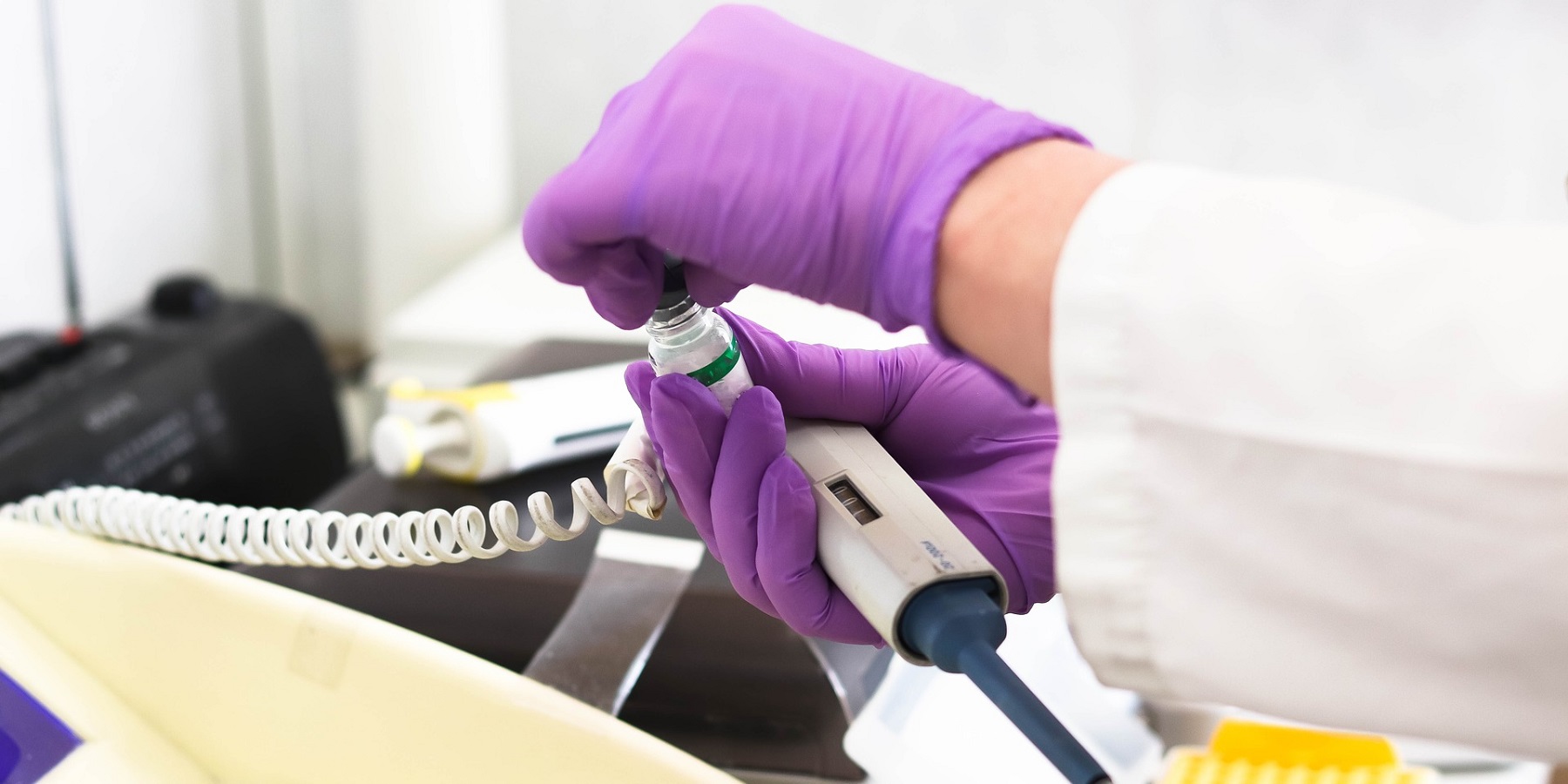For many PhDs, working as a postdoc can strengthen your professional skills, expand your professional network, and provide an opportunity for you to think and choose your next career. I worked for two postdoc positions after receiving my Ph.D., and here I have put together tips I learned from my own experiences.
- Adapt quickly – If you start working as a postdoc in a new place (university, national lab, or company) which is different from your graduate school, many things will be new to you: a new campus, a new advisor, new group members, a new research project etc. You need to adapt quickly. An important thing to do within the first few weeks is to start communicating with your PI and co-workers. This gives you an overview of the group, the working style of your PI, and your research project.
- Ask smart questions and make detailed research plans – You are in charge of your project. Now it is the time to ask yourself: What tools, knowledge, and skills do I need? How much time do I need to finish this and move forward? Is this a time for collaborations? What papers should I read? What support do I need from my PI?
These questions will help in making detailed plans and avoiding wastage of time. Watching video articles published by your lab or other related labs also help you conduct your research methods efficiently and effectively. - Balance your work and life – You have a lot to do as a postdoc. Try to maintain a healthy and balanced life; this will be crucial for your work performance. Eat timely meals, get enough sleep, nurture your hobbies and exercise regularly. Good physical and mental health will keep you efficient and productive.
- Maintain a positive attitude– Things can get hard. There can be times when you feel helpless, frustrated or meaningless as a postdoc. Tell yourself that these feelings are normal. As cliché as it sounds, keeping a positive attitude helps immensely. Remember to take a break from work occasionally. Talking to your PI or colleagues can also be helpful. The difficulties you face as a postdoc help shape you into a stronger and smarter researcher.
- Plan your next career move – A postdoc is a temporary stage, and you need to know what you want to do next in your career. If your next goal is to be a professor, start preparing your CV, research plan, and recommendation letters to apply for faculty positions. If your next goal is to work in a non-academic field, communicate with your PI and create a timeline to prepare for it step by step. Once you know your next goal, you will be confident and as a result, be more productive.
Realizing the differences between being a qualified Ph.D. candidate and being a qualified postdoc is the key. As a postdoc, you need to not only conduct your research, but you also need to adapt to a new environment and plan your future career in a short amount of time. The expectation for postdocs is usually higher than that for graduate students, but it is this challenge that will prepare you for the work and life you seek, either inside or outside academia.

